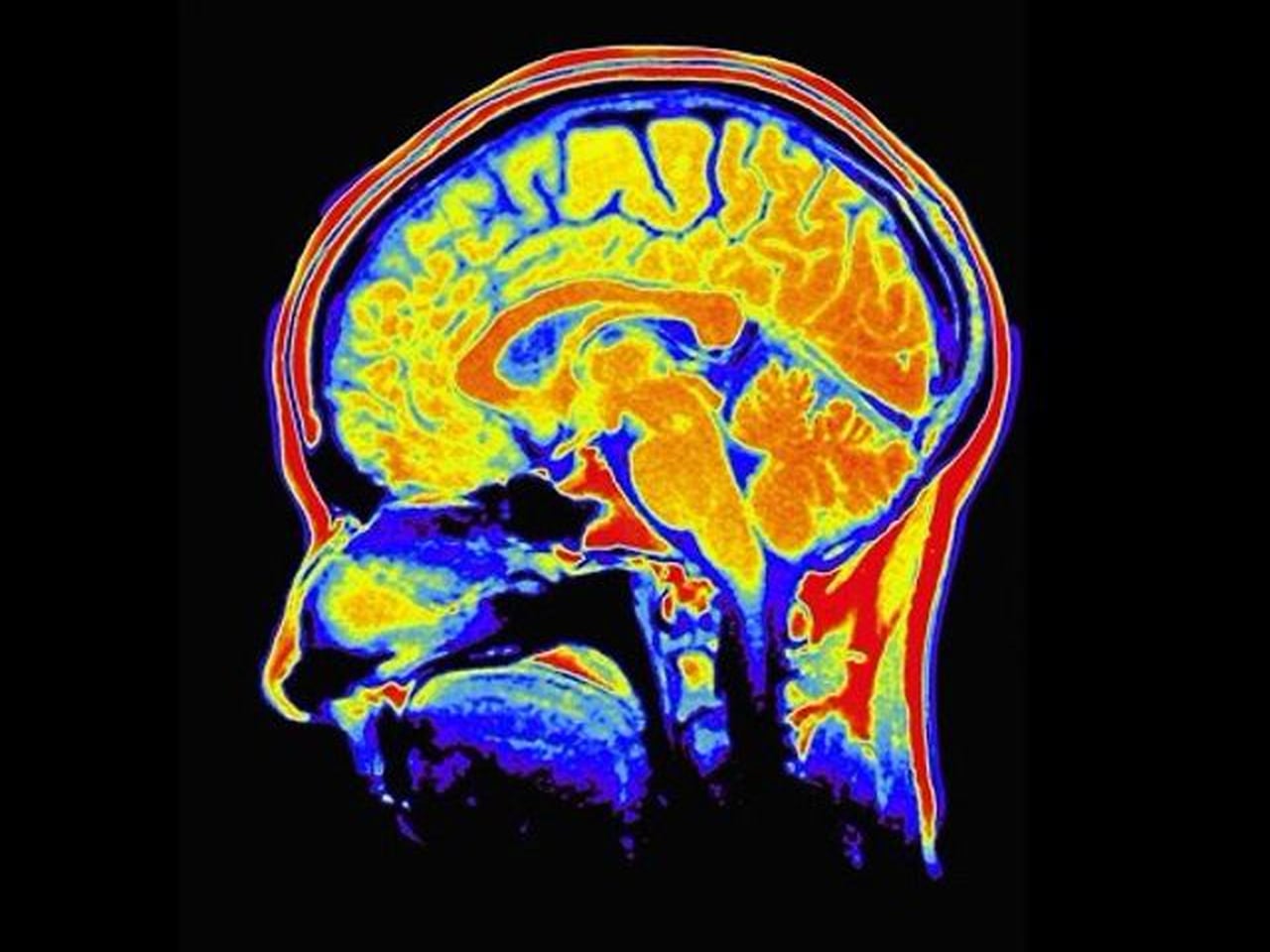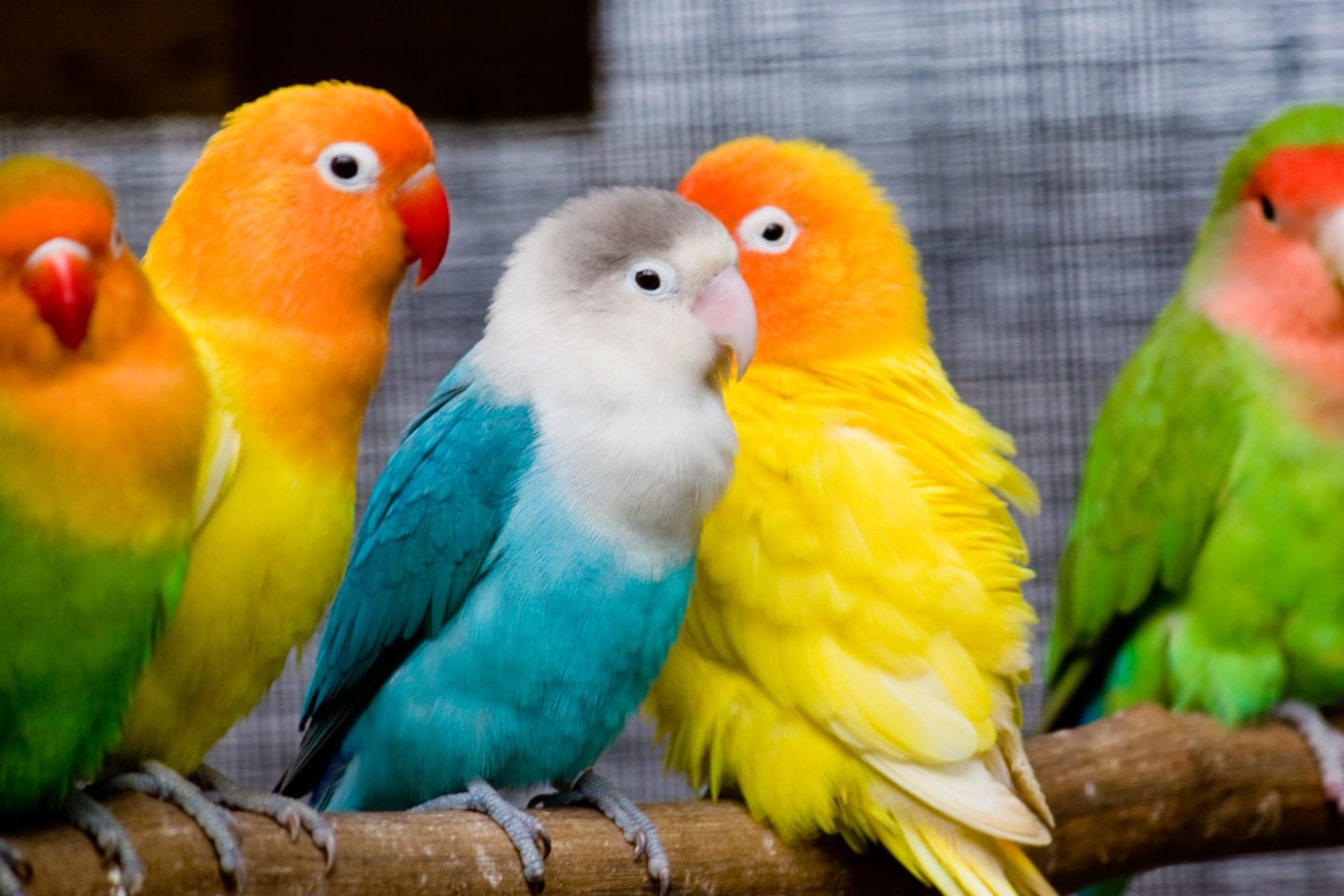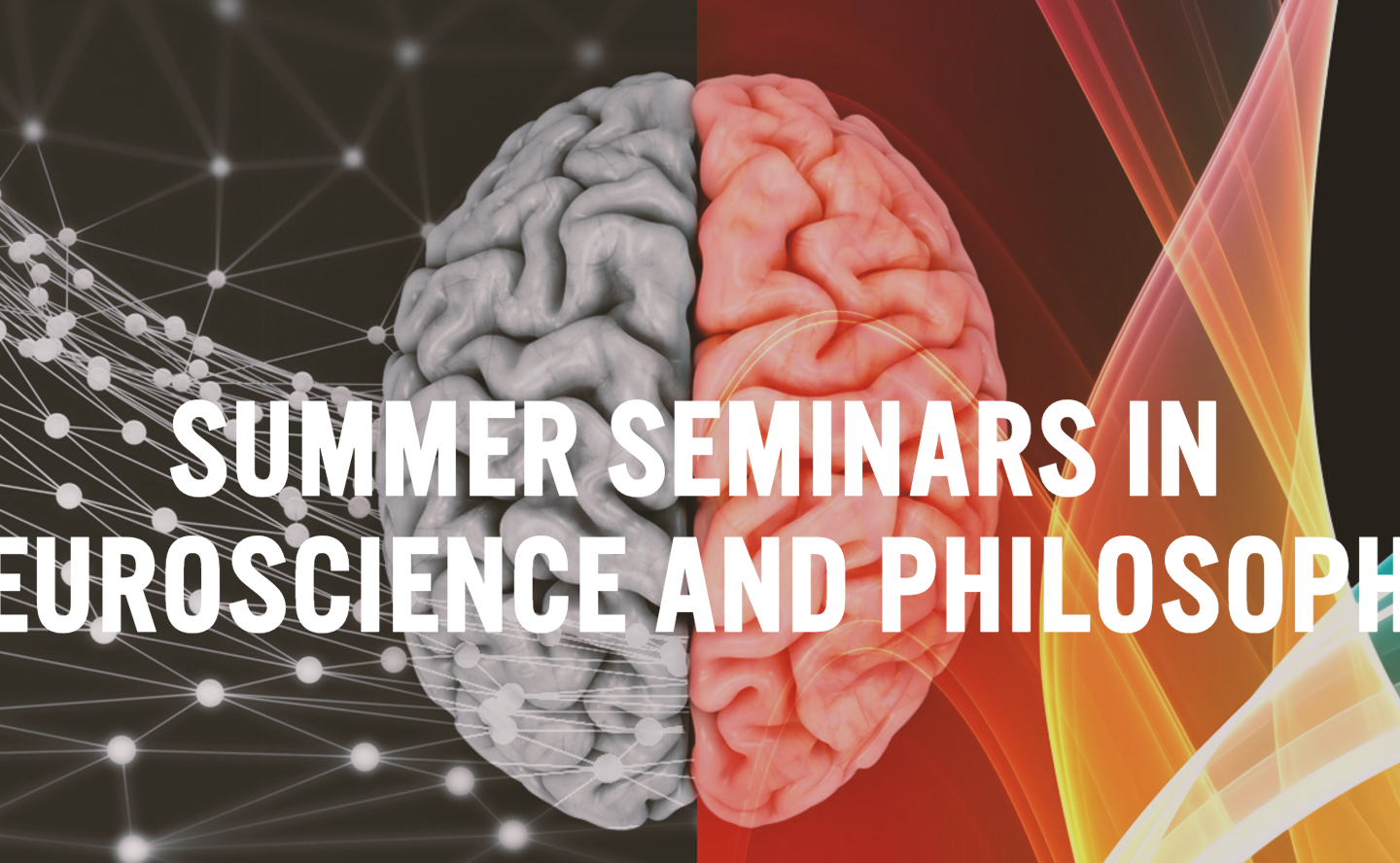Neurotypical subjective experience is caused by a hippocampal simulation
[[This is a guest post by Matt Faw, a filmmaker who together with Bill Faw is the author of a recent paper in WIREs Cognitive Science, “Neurotypical subjective experience is caused by a hippocampal simulation”. The post is a précis of their article.]] Consciousness. One of the problems in finding its neural …





